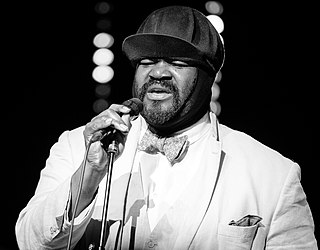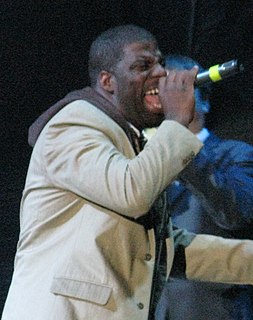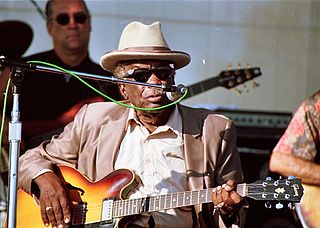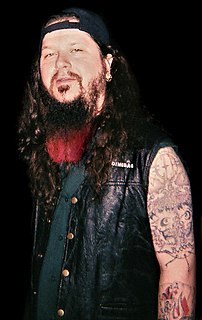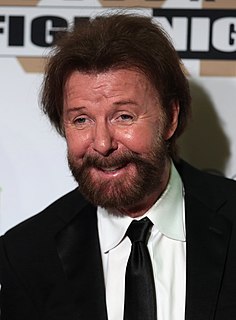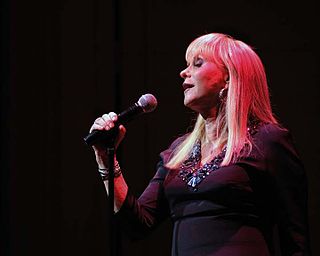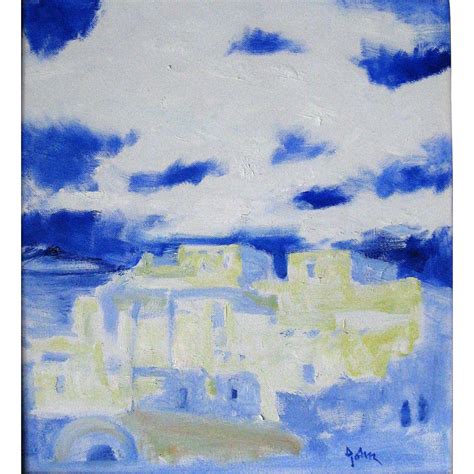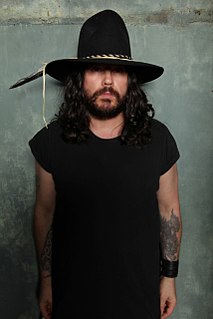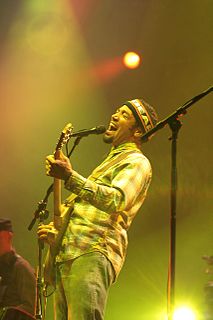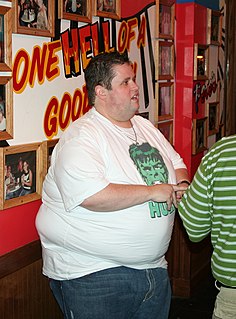A Quote by Gregory Porter
You know Bakersfield was full of workers from the south, from Texas and Arkansas, and they brought their gospel and blues with them. And that's the sound I grew with.
Related Quotes
I'm a bluesman moving through a blues-soaked America, a blues-soaked world, a planet where catastrophe and celebration... "Joy and Pain" - sit side by side. The blues started off in some field, in some plantation, in some mind, in some imagination, in some heart. The blues blew over to the next plantation, and then the next state. The blues went south to north, got electrified and even sanctified. The blues got mixed up with jazz and gospel and rock and roll.
Having a son has made it all the more important for me to stay in close contact with my family in Texas and Arkansas, whom I know full well voted for Trump. Though I didn't, and have deep problems with this administration and many of them don't. But I'm not going to let that cut the tie from my son to his own history and family.
I grew up in Arkansas and that's the law. My dad was a high school basketball coach, so I was raised as a coach's son and I was a baseball player back in Arkansas, and I lived in Texas, too, so I was just surrounded by sports. So that's what I was going to do: Pitch for the St Louis Cardinals. I had no idea I was going to be an actor. So I got my collar bone broken in the Kansas City Royals training camp. And once I got hurt I started doing other things for a while.
You've got the whole civil rights movements emanating from the south, you've got the music that came out of the south that is the core of our current music, so for me that thinking comes out of having Dukes of Hazzard thrown in your face: that the south is a bunch of twangy people that I can't understand. So this is, hopefully, part of the movement to restore the south to its proper and rightful place in our nation... which is huge and pervasive. It's not about Texas - I'm not saying Texas doesn't have it's own unique history - but the south has this at its core.
When I think about the auto-industry and how it was one of the industries that brought all of these black men from the South to Michigan and other places to make more money than they could ever make in the cotton fields or the agricultural world of the South... what's happening now is all of that is closing down, and we know that it's going to reopen in Southern places, focusing on Mexican and other migrant workers to come and work cheaply and get none of the benefits.
